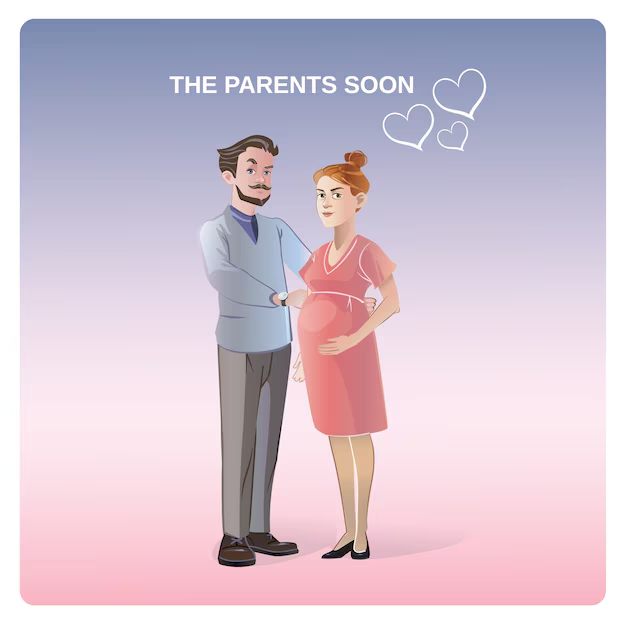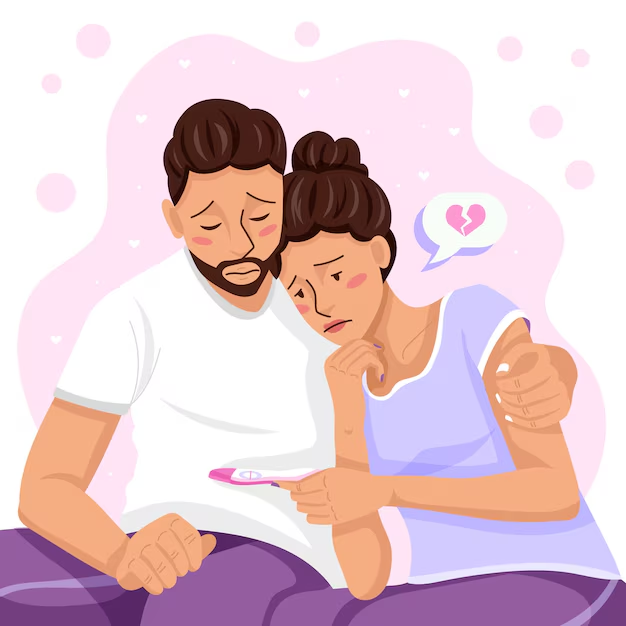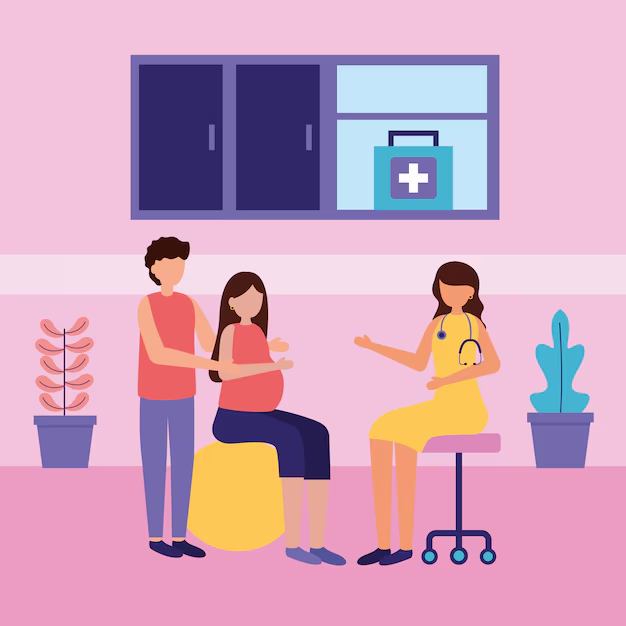Baby development at 29 weeks

Baby development at 29 weeks
Pregnancy symptoms during week 29
Anemia
Getting enough iron during pregnancy is important for many reasons. You need iron for your growing baby and placenta, and it's essential for making hemoglobin, the protein in red blood cells that carries oxygen to other cells. (During pregnancy, you have almost 50 percent more blood than usual!) Low iron during pregnancy can lead to anemia.
If you're low in iron, you may notice symptoms like fatigue or weakness. Your provider may recommend iron supplements, or if you're severely anemic, you might be given iron infusions through an IV. Severe anemia can be dangerous for both you and your growing baby, so your provider will order blood work during your pregnancy to check your iron levels.
Cramping
During the third trimester, you might experience regular cramping from round ligament pain and Braxton Hicks. (These can mimic the feeling of menstrual cramps.) If you're struggling with constipation, it might also cause some cramping.
Cramping in pregnancy is often mild and nothing to worry about. Drinking a glass of water, taking a warm bath, or doing some gentle movement could help relieve your discomfort. But severe cramping during the third trimester could signal a more serious issue like preterm labor or placental abruption. Call your provider if your cramping doesn't go away after several minutes of rest; the cramping or pain is severe; you have other symptoms, such as fever or dizziness; you have pain in the upper abdomen; or your abdomen is unusually sensitive to touch, especially when pressure is released.
Heartburn
The pregnancy hormone progesterone relaxes smooth muscle tissue throughout your body, including in your gastrointestinal tract. This relaxation slows digestion – as does your growing uterus crowding your abdominal cavity. Sluggish digestion can cause gas and heartburn and contribute to constipation.
During the third trimester, your heartburn may flare up worse than ever. But by eating smaller meals and waiting two or three hours after eating to get in bed, you might be able to get some relief. Stay hydrated by drinking water between meals, instead of while you're eating. If you're feeling the burn, prop yourself up with pillows before dozing off at night. And don't be afraid to ask your provider about pregnancy-safe heartburn medications.
Lightheadedness
You might occasionally feel lightheaded or dizzy when you're pregnant because your cardiovascular system undergoes dramatic changes. Your heart rate goes up, your heart pumps more blood per minute, and the amount of blood in your body increases. In the second and third trimester, your growing uterus also puts pressure on veins and slows circulation to the lower half of your body.
Your cardiovascular and nervous systems can usually adjust to these changes and maintain adequate blood flow to your brain. But sometimes they don't adapt quickly enough, which can leave you feeling lightheaded or dizzy, or even make you faint.
To avoid getting lightheaded, make sure to eat and drink regularly and avoid overheating. Don't stand up too quickly, lie flat on your back, or overdo it on exercise. Call your provider if you have persistent lightheadedness, frequent bouts of dizziness, or any other concerns.
Pregnancy checklist at 29 weeks
Learn about third-trimester prenatal visits
At third-trimester prenatal visits, your provider will continue to check your weight, urine, and blood pressure and screen for signs of preeclampsia, gestational diabetes, and infection. The biggest change during the third trimester is that you'll be seeing your doctor or midwife more often: Twice a month, then weekly starting at 36 weeks.
Depending on how your pregnancy is progressing, you might have another ultrasound and a nonstress test to check on your baby. Your doctor will measure your fundal height, or use ultrasound to see how your baby's doing (especially if you have a high-risk pregnancy). They'll also use a Doppler to check on your baby's heartbeat.
Now's a good time to ask any and all questions you have about labor and delivery. Also, if you're noticing any changes in your mood, such feeling more anxious or depressed, check in with your provider.
Assemble your baby gear
Did you have a baby shower or go shopping for baby gear? If so, go ahead and unpack your stuff and ask a friend or your partner to help you assemble it. Cribs, bassinets, changing tables, and strollers can be tricky to put together, and you'll need them once your baby arrives. Another tip: Swings, mobiles, and monitors often require batteries, so make sure you have enough on hand.
Tour your hospital or birth center
This is a great time to take a tour and get familiar with where you'll be giving birth. Plus, many hospitals and birth centers will ask you to preregister for labor and delivery. Getting this paperwork out of the way makes for a smoother admission process when the time comes. Before you take your tour, write down any questions you have so you can get answers during your visit.
Gather your support team
Whether you're giving birth for the first or fourth time, support from friends and family is invaluable during the first weeks at home with your newborn. Now that your third trimester is underway, begin to rally your support team. Could your best friend organize a meal train so you have plenty of yummy and nutritious food to eat after your baby's born? Would your in-laws be willing to stop by a few days a week to rock your new baby so you can shower and nap?
Most of the time, the people who love you want to help out during this transition but are waiting to be asked. Don't be afraid to suggest specific needs to the people you're closest to and allow them to step up to the task.
Related Articles

How to Share the News: Announcing Your Pregnancy in the First Trimester

Enhancing Fertility and Conception: Your Complete Guide to Getting Pregnant

Baby development at 15 weeks

Baby development at 1 week

he Best Time to Get Pregnant: Understanding Your Ovulation Cycle

First Trimester Screening Tests: What You Need to Know

Baby development at 22 weeks

Baby development at 41 weeks